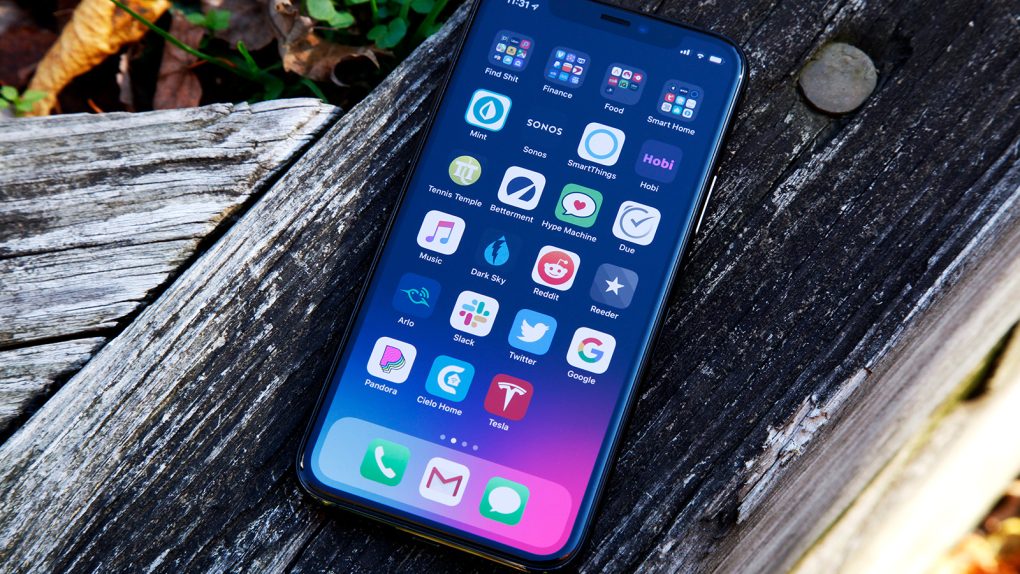Of all the rivalries in tech, Apple and Samsung’s relationship is easily one of the most interesting ones. Apple revolutionized the mobile industry with the iPhone, and every other phone maker had to copy the new smartphone concept or die trying something else. Samsung chose to rip off the original iPhone’s design and user interface, and it built a massive mobile empire in the process. In contrast, many others vanished — the list includes Nokia, Palm, BlackBerry, Microsoft, and what was left of Nokia after it was acquired by Microsoft.
Samsung and Apple settled all their patent lawsuits after years of bickering, and both sides ended up winning. Samsung may have had to pay penalties to Apple, but those sums were inconsequential to Samsung’s bottom line. Copying the iPhone for so many years was so lucrative for the company that the result of those legal battles didn’t really matter — Samsung has found its own identity since then, although it’s still the iPhone that dictates trends in the industry. But that’s just one side of the Apple-Samsung relationship, because Apple is also a huge client when it comes to iPhone parts. As much as Samsung Mobile might want to beat the iPhone, other Samsung divisions thrive on iPhone sales since they supply some of the critical parts that Apple can’t source elsewhere.
That’s about to change with the next iPhone, as Samsung is reportedly about to lose a large chunk of an Apple contract. A report from South Korea, via MyDrivers, claims that a Chinese display vendor will provide as many as 45 million panel units in 2021. That would be a huge loss for Samsung, which has been Apple’s main provider of OLED panels since the iPhone X launched in 2017.
The OLED screen that goes into the premium iPhones — iPhone 11 Pro/Max, iPhone XS/Max, and iPhone X — has been very lucrative for Samsung, as the screen is one of the most expensive components in these devices. Samsung’s OLED screen tech for mobile devices is the same as what’s used in Galaxy S and Note flagships, and Samsung’s screens receive glowing reviews each year, whether they power the latest iPhone or Galaxy flagship.
Samsung’s contract with Apple was so massive that it even forced the iPhone maker to pay Samsung penalties for not meeting minimum quotas. Apple, meanwhile, has tried to diversify its OLED supply in the previous years, with LG being the first supplier rumored to have joined Apple’s OLED supply chain.
BOE appeared in earlier reports discussing Apple’s iPhone OLED needs, but the Chinese display maker will only start delivering parts this year for the upcoming iPhone 12. That’s what this new report says, revealing that BOE’s share might be bigger than LG’s, but still smaller than Samsung’s. BOE’s share will supposedly grow significantly in 2021 when it’s expected to reach 45 million units. Samsung will still manufacture a large number of screens for Apple, but its share will drop to 150 million from an estimate of 230 million.
Apple is expected to release several devices with OLED displays in the coming years, which might explain its need for diversifying the pool of parts makers. But it’s unlikely Apple will ever disclose such supply deals in the future. The company never mentions suppliers during its events, and it shouldn’t matter to end users what company manufactures the screen or any other component, as long as these parts meet Apple’s requirements. Teardowns of future iPhones will confirm whether BOE has started shipping OLED panels to Apple as soon as the iPhone 12 launches in September 2020.








